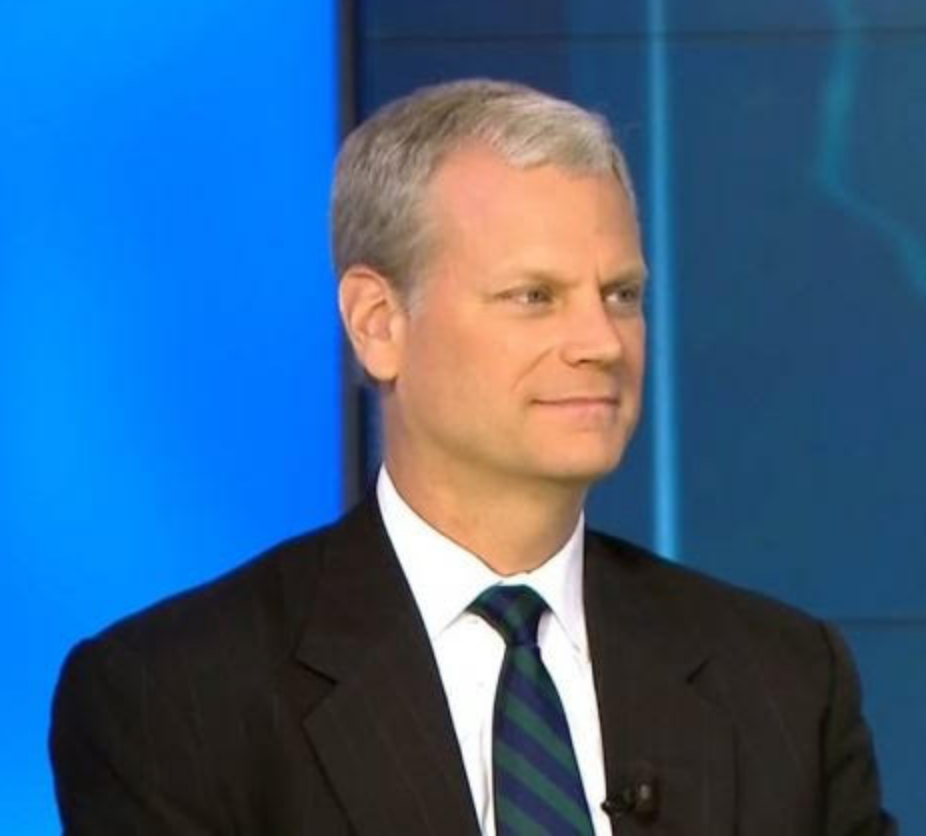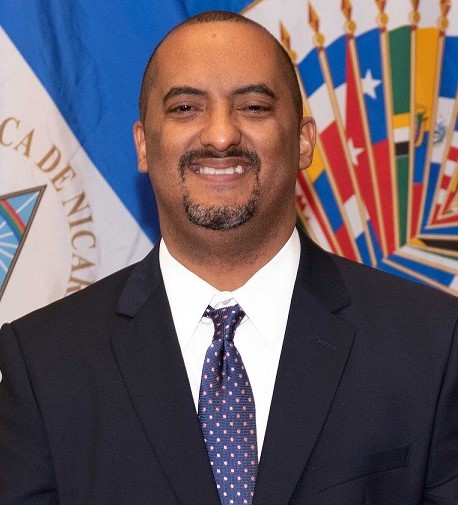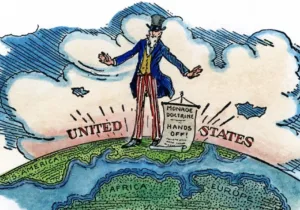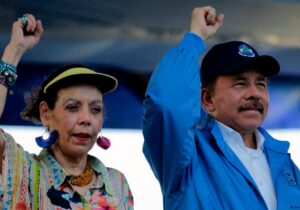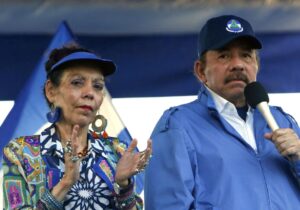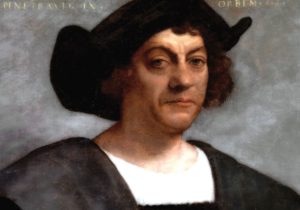The Catholic Church is under assault in Nicaragua as religious freedom there is less and less guaranteed. Yet despite the state of Catholicism in the Central American nation, church leaders have been slow to react. This silence has enabled regime oppression and so the time has now come for a different, more urgent approach.
Since 2018, when student-led protests flared against the Nicaraguan regime and hundreds were cut down by security forces, noxious co-dictators Daniel Ortega and his wife Rosario Murillo—OrMu in the local vernacular—have been on a crusade to co-opt or eliminate every independent national institution. They seek to centralize power and reduce the vestiges of viable opposition, becoming increasingly radical and increasing repressive in the process. Democracy is gone; Nicaragua has become a gross human rights violator at home and a pariah state abroad.
The country is no stranger to oppression and human rights abuse, from both the left and the right. Through the years, its long-suffering people have endured political persecution, grinding poverty, and minimal economic opportunity as government after government has fallen prey to ideological ambition, self-serving officials, limitless corruption, and incompetence. In such conditions, the faith community is an important source of hope. Leaders of the Catholic Church in particular have played an outsize role in mediating civil disturbances and conflict, working to discourage the worst excesses of ruling elites. The Church is the one institution that continues to maintain credibility and active popular support.
OrMu know this, and the Church now finds itself the target of a worsening campaign against its leaders, laymen and women, worshipers, and property. Since the student protests, over 400 separate incidents perpetrated by the regime have been recorded. The Papal Nuncio, Monsignor Waldemar Sommertag, a voice of conscience and moderation, was expelled. As of late February 2023, some 21 Nicaraguan Church officials—priests, seminarians, even bishops—were illegally stripped of their citizenship, exiled, or imprisoned. It’s an extraordinary and unprecedented campaign of intimidation.
Abuses continue in real time. Even as much of the world recently celebrated the unexpected release of over 220 political prisoners from the regime’s notorious El Chipote prison, many held without charge or even credible accusation, Monsignor Rolando Alvarez, Bishop of the Diocese of Matagalpa, refused to accept exile, choosing to remain in Nicaragua. For his selfless, sacrificial stand, the regime has now sentenced him to over 26 years in La Modelo maximum security prison. His crime? Daring to speak out during services to condemn regime abuses.
It’s not that any of this is a secret. In 2022, Nicaragua was added to the U.S. list of countries violating religious freedom. Secretary of State Antony Blinken said at the time that such violations sow division, undermine economic security, and threaten political stability and peace. He is correct, and Washington has taken limited steps to show displeasure over Nicaragua’s ongoing human rights abuses and lack of religious freedom by sanctioning several government officials and suspending some unilateral trade benefits (although Nicaragua continues to enjoy free trade privileges with the United States). Ignominiously, the country has also landed on Christianity Today’s 2023 list of 50 countries where it is most difficult to follow Jesus, including both Catholics and Protestant Evangelicals, who have been growing rapidly across Central America and elsewhere in Latin America with a focus on spiritual renewal and meeting human needs.
Pope Francis and the Catholic Church broadly, including its American representatives, may finally be taking notice. In December, the Pope argued for dialogue and diplomacy, urging patience. More recently, he spoke in February about Bishop Alvarez and said that the news from Nicaragua has saddened him “not a little.” His words had immediate impact, generating a wave of messages and communiques from Church leaders and Episcopal Conferences in the United States, Europe, and across Latin America. Ortega reacted with slurs and slander, and not for the first time, calling the Catholic Church, ironically and without self-awareness, a mafia and a dictatorship. It’s a long-standing pattern of verbal abuse: Ortega has separately called Church leaders terrorists, criminals, and demons.
The vociferous reaction by the regime has shown the voice of the Pope to be powerful and effective. The question is, will this be a one-time musing or the beginning of the sustained, systematic effort by the faithful that’s necessary to address the crisis in Nicaragua?
The contrast with the Church’s efforts during the 1970’s and 1980’s fighting against right-wing dictatorships in Central America cannot be ignored. A generation ago, Church officials spoke out continuously against abuses committed in Nicaragua, El Salvador, Guatemala, Honduras, and elsewhere. When leaders, including Archbishop Oscar Romero, nuns, and laypeople were murdered and others attacked, the Church and its various organs led a relentless campaign to condemn oppression and demand justice. There was no thought of inconsistent dialogue, diplomacy without a Nuncio, or patience as the crisis accelerated.
The OrMu dictatorship, however, arises from the political left and has received a light touch from the Vatican consistent with the Argentine Pope’s approach to Cuba, Venezuela, Bolivia, and other leftist Latin American authoritarian governments. But this is not the left of a previous era. Rather, those countries have now become unrecognizable and grotesque, led by unyielding, brutal autocrats with powerful new tools for communication and citizen control, propped up by anti-Western regimes in Moscow, Tehran, and Beijing. They are virtually indistinguishable from earlier caudillos of the right.
There is a better way. A public campaign to end religious persecution in Nicaragua beginning with the immediate release of unjustly imprisoned priests and religious figures is urgently needed. As a first step, in the absence of a Papal representative in Managua the Vatican should immediately designate a special representative to conduct discussions and to insist on a meaningful dialogue.
Second, the Church must raise the profile of Monsignor Alvarez, highlighting his unjust imprisonment and reaffirming the support and solidarity of the Church with his cause. In doing so, it would also help protect his physical integrity during his incarceration with dangerous criminals in a new, terrible part of La Modelo prison descriptively labeled “tiny hell.”
Third, Ortega and Murillo should face Church discipline. They were married in a Catholic Church in 2005 and both claim to observe the dictates of the faith, but their increasingly depraved, unrepentant acts against the Church and the Nicaraguan people reveals a different reality. Removing apostates from the fellowship is inherently Biblical and would offer hope to the faithful that ultimate justice will prevail.
Finally, as in the era of right-wing dictatorships in Central America, the Vatican should promote greater efforts within the global Church and its relevant organs as well as via the nuncios with governments of the United States, Europe, and Latin America to condemn Nicaragua’s human right abuses. The Vatican must demand the full restoration of religious freedoms as well as broader civil rights that the people of Nicaragua deserve but continue to be denied.
Dialogue, diplomacy, and patience—thoughts and prayers—are warranted for the people of Nicaragua, but so are concrete actions that address ongoing abuses. It’s long past time for the faithful, beginning with the Vatican, to press OrMu for relief.
